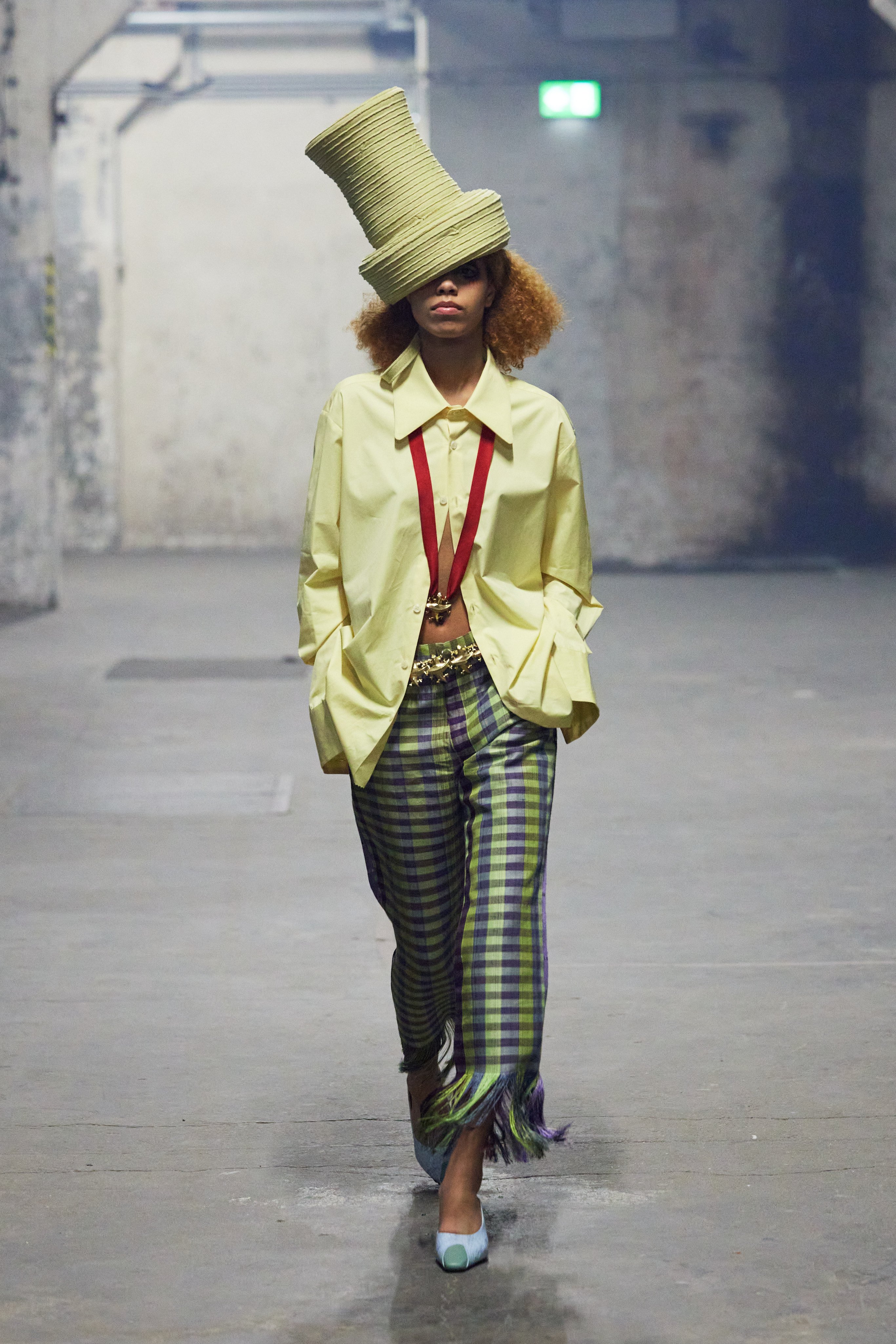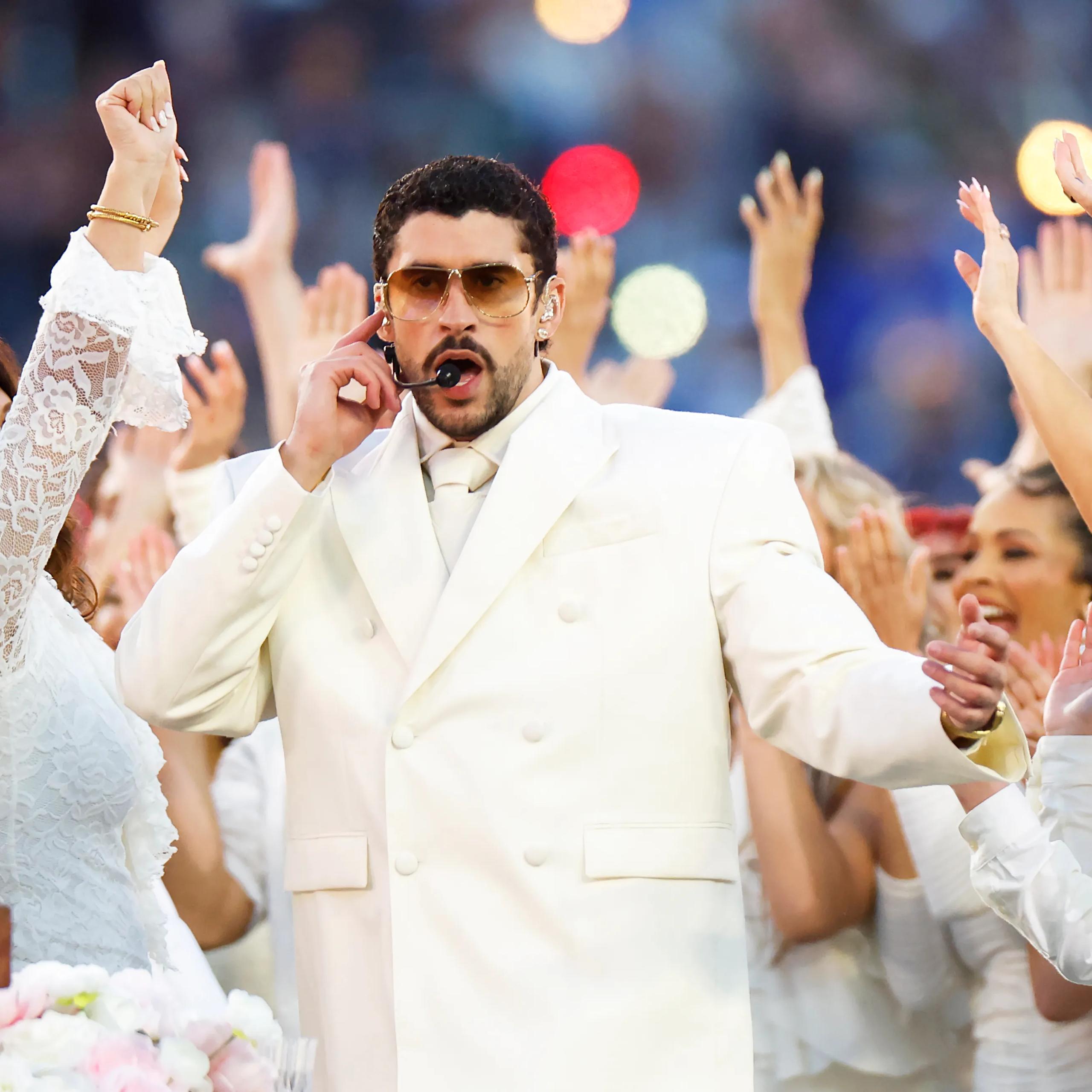After the collapse of NFTs and the crypto world, the internet has found a new tool to be over-preoccupied with and that is AI-programs such as DALL-E, chatGPT, and more. On the surface, it may seem like an innocent computer generator that allows you to create funny edited images that you can share with your friends, or English essays after a busy weekend and a Monday deadline; however, there lies more into it than we may think and it could affect visual artists in tremendous ways.
.jpeg)
What is an AI Art-generator?
An AI-generator is kind of like your genie in a bottle; it permits any user to translate “a wish” per text into an image or text. The catch is that for the artificial intelligence generator to create new content, it must take from an existing content across the world wide web. The exact function of all generators are still unknown; however, what has already been detected is disenfranchisement and the use of copyrighted content from our dearest artists.
.jpeg)
What Are Some of The Controversies?
One of the biggest controversies AI-generated images face is the so-called training of original art pieces without an artist's consent. Since its rise to popularity, it has caused the outrage of a number of members in the art space and serious conflicts between actual artists and AI-users. This is because the generator is not capable of inspiration like a living being, but more-so, can construct an entire new image from the elements borrowed through original artworks shared online and in many cases, an artist’s signature was artificially wiped off, yet fairly visible when you pay a closer look.
An argument that could be made is that an AI-generator only focuses on interpreting an art style and not an artist’s work. As far as we are concerned, there have been no cases of users trying to resell their AI-generated images as an original art piece of a specific artist. On the other hand, to gain access to one of these AI-generators, you must pay a fee and even though it takes from copyrighted images across the internet, the artist at hand does not get a share of the payment nor the option of giving consent.
For those reasons, the lines on how you may use an artist’s online visual presentation ethically are very blurry and therefore, it produces a great amount of confusion amongst those who would like to formulate a similar approach to their favourite artist and the artist itself.

Will AI Art Take Over?
The short answer is no. Much like at the beginning of NFTs and how we used to claim their content as “valuable” art, it is up to us to determine whether a computer program has its space in the physical art realm or not. This is because it only operates as a tool and although it can mimic an artist’s signature, it could never become the artist as a human being. All in all, we have yet to come across AI-generated art pieces that resemble anything close to Michelangelo that could be hung in an art gallery.
Another parallel that can be drawn, it arguably only speaks for a certain demographic of consumers and this is not art enthusiasts. This is because digital art still holds a strong stigma in the art world, for example, being interpreted as “not-real-art” and far too unorthodox to be compared to traditional artistic expressions. Although it has become a new trend for everyone to try out and debate upon, it is only a question of time until a new computer program hits the market and the internet moves on, while tech enthusiasts remain to nerd about its future potential.
Furthermore, it is important to state that we are still in its early stages and there is still room for improvement before a realistic possibility to replace the work of thousands of our beloved artists. This is because many individuals such as Karla Ortiz, Sam Yang and Greg Rutkowski have already spoken up against the use of copyrighted content which, as a result, will urge these program holders to alter their AI generators in a way that doesn’t surpass copyrighted subjects, at least not without an artist’s permission. Before we know it, AI-generators will most likely be remembered as just a tool that could have innovated the human experience; however, due to some participants and social media’s short attention span, it fell short of its expectations/true potential.
.svg)







.png)

